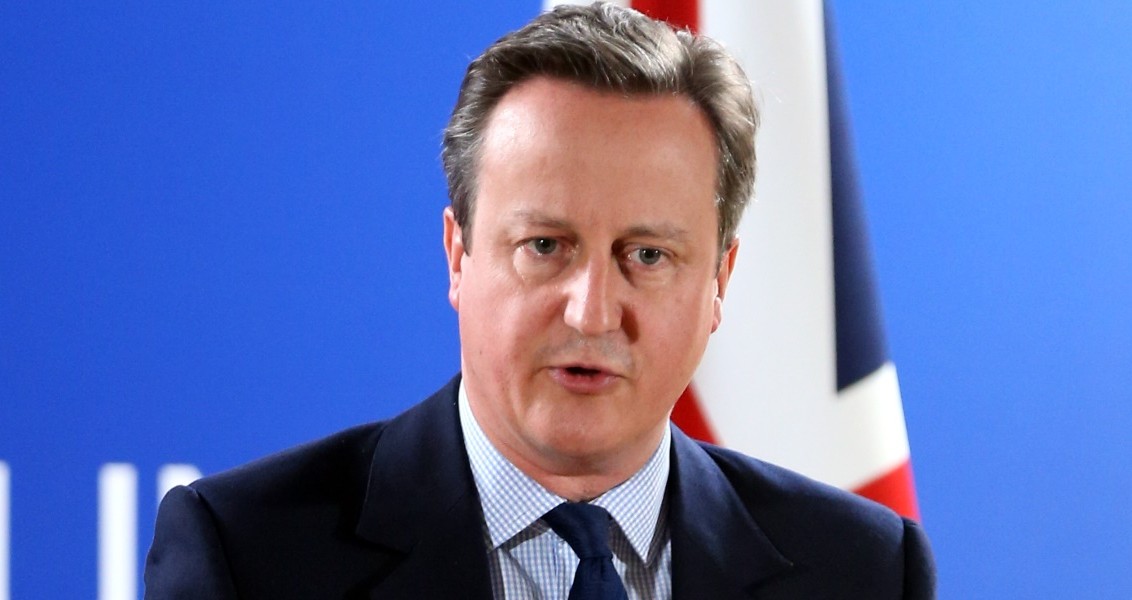Britain’s decision to withdraw from the European Union has sent shockwaves through the continent as it raised serious questions about the unity of the EU and its member states.
On Friday morning, everybody started asking whether the Brexit marked the death of the European Union. As the vote count ended, people in Scotland and Northern Ireland demanded independence from the United Kingdom. Meanwhile, three of the EU’s six founding members – France, Italy and the Netherlands – and far-right politicians urged their governments to hold similar referendums.
The EU is an ambitious project to promote lasting peace in the post-World War II era. Today, it finds itself at a crossroads. To be clear, the current crisis hardly comes as a surprise. Having failed to reach consensus on the EU constitution and the deepening process, member states must now successfully handle Britain’s departure and re-invent the idea of the EU.
The Brexit will proceed according to Article 50 of the Lisbon Treaty, but it is largely unclear how exactly the EU will go about it. In truth, the remaining 27 EU member states will set the terms of Britain’s withdrawal. If European leaders heed German Chancellor Angela Merkel’s warning and maintain close relations with London, both the EU and U.K. will suffer less. What Merkel really means by close relations is a form of privileged partnership. Once the dust settles, the EU might launch a process of deepening with Germany and France at the core of a structure with multiple circles.
If the EU, however, treats Britain like any other non-EU country, the continent will go through turbulent times as member states that have been complaining about the EU’s democratic deficiency and German hegemony might opt to leave. Needless to say, additional departures would further destabilize the European Union, which has failed to develop common security and foreign policy. In the end, the EU might end up squeezed between the increasingly careless United States and Russian pressure on Eastern Europe.
Based on the initial statements from EU leaders, it would appear that the EU is warming up to the idea of reform. They will show some determination to re-invent the union of 27 member states, but determination alone will not be enough because the Brexit just made the EU’s existential crisis public. The fact that fears about national sovereignty and immigration caused Britain’s departure compels the EU to re-invent itself.
The bad news is that the extreme right and populist politicians could come up with a new idea of the EU from the old Fortress Europe playbook. At this point, a more isolationist, anti-Muslim and racist EU is not completely unlikely. As British sociologist Gerard Delanty argues, each European model gives rise to its opposite. Throughout European history, each attempt to unify the continent has been met with division.
To go back to the original question, it is my sense the Brexit will lead to a renewed attempt at European unity. In this regard, it is too early to jump to conclusions about the death of the EU. Europe’s politicians still have a choice to make. They will either choose isolationism based on Turkey fears or re-invent Europe as a multi-cultural home. Unfortunately, the first scenario seems much more likely.
[Daily Sabah, June 28, 2016]
In this article
- Foreign Policy
- Opinion
- 2016
- Angela Merkel
- Anti-Islam
- Anti-Muslim
- Anti-Turkish Sentiment | Anti-Turkism | Turkophobia | Turkish Fear
- Avrupa
- Brexit
- Britain
- Daily Sabah
- Europe
- European Union (EU)
- Extreme Right
- Far-Right
- France
- German Chancellor
- Germany
- Hegemony
- Hollanda
- Islamophobia
- Italy
- Marginal Right
- Migration
- Muslim
- Netherlands
- Russia
- Scotland
- UK
- United Kingdom (UK)
- Xenophobia



